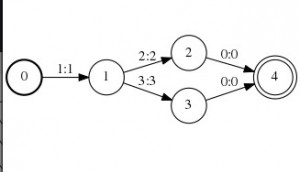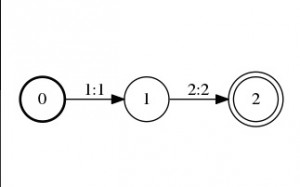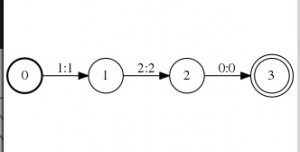These are Cornell’s memberships years in LDC. For subscription years, the corpus costs nothing additional, and is most likely already in the lab. For standard years, there may be a cost or not, depending on how many corpora have already been obtained. For other years, we get the data for 1/2 price, which tends to be a lot. So it is good to start with recent years.
Membership Years
1995 (Not-for-Profit, Standard)
1998 (Not-for-Profit, Standard)
1999 (Not-for-Profit, Standard)
2000 (Not-for-Profit, Standard)
2002 (Not-for-Profit, Standard)
2003 (Not-for-Profit, Standard)
2004 (Not-for-Profit, Standard)
2005 (Not-for-Profit, Subscription)
2006 (Not-for-Profit, Standard)
2007 (Not-for-Profit, Standard)
2008 (Not-for-Profit, Subscription)
2009 (Not-for-Profit, Subscription)
2010 (Not-for-Profit, Subscription)
2011 (Not-for-Profit, Subscription)
2012 (Not-for-Profit, Subscription)
2013 (Not-for-Profit, Subscription)
2014 (Not-for-Profit, Subscription)
2015 (Not-for-Profit, Subscription)
2016 (Not-for-Profit, Subscription)








